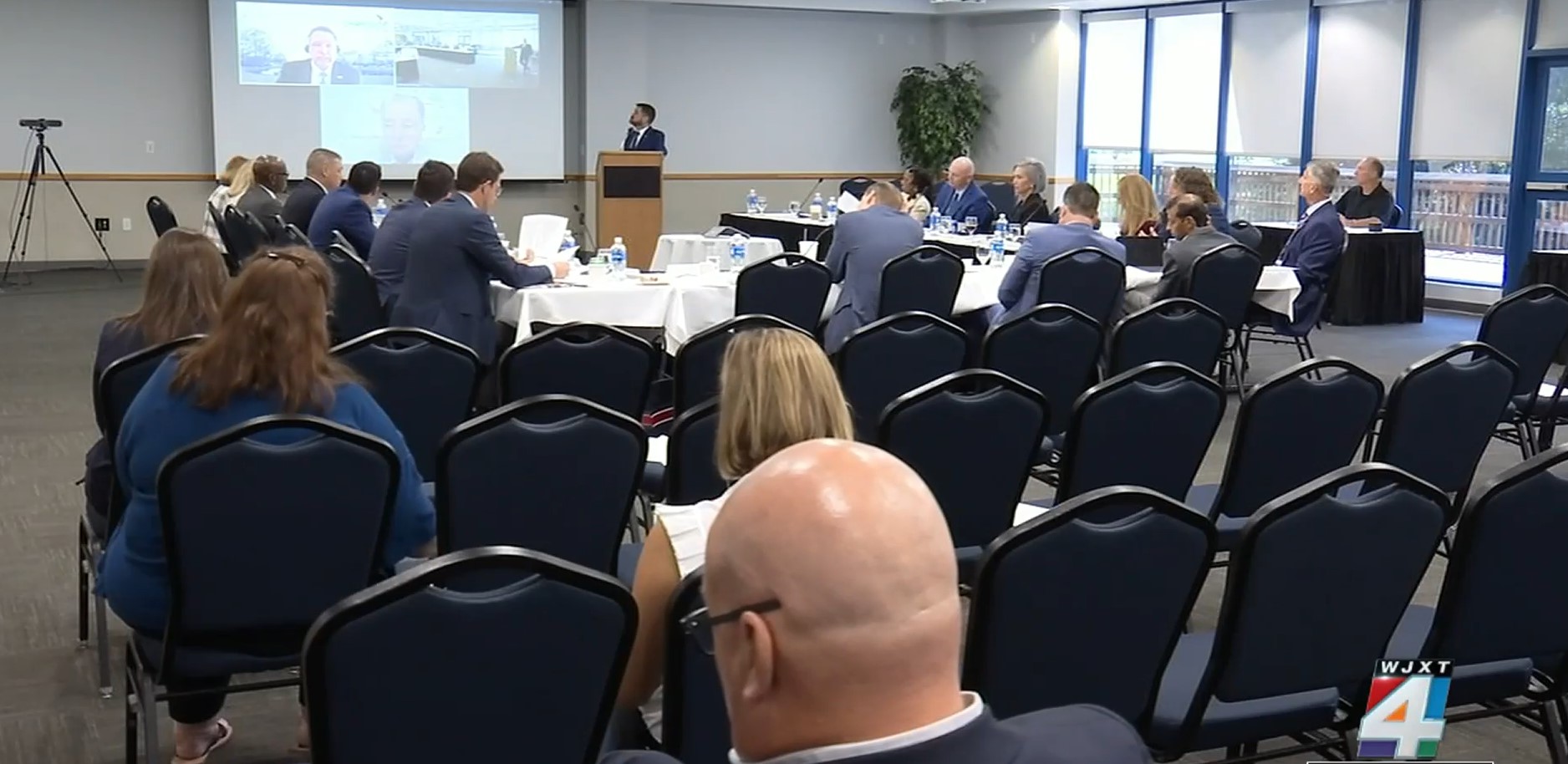Tenured faculty at the University of North Florida now must undergo performance reviews every five years, after the board of trustees implemented a new state law.
Before the near-unanimous vote this week, faculty members complained that the policy will hurt academic freedom and the quality of college education in Florida.
Trustees had to approve the changes by Oct. 16 or face penalties, they said. In a letter to faculty, UNF president Moez Limayem said his administration did not have the authority to make changes the union wanted, since the university’s policies must comply with state law and do not target or purge professors.
“Post-tenure review is not a concept that was initiated by UNF; it is a legal obligation with which we must comply,” the letter said, according to News4Jax, a Jacksonville Today news partner.
UNF spokeswoman Amanda Ennis said the university had no further comment on the issue or where it goes from here. She cited “respect for the negotiation process” between administration and faculty union.
A professor with tenure normally may retain their educational position unless there are substantiated cases of misconduct or layoffs. But a bill signed a year ago by Gov. Ron DeSantis requires those in charge of public universities to review professors’ tenure every five years.
According to the UNF Spinnaker, the university’s student newspaper, the review will consider each educator’s level of accomplishment and productivity in research, teaching and service. It also will include their professional conduct record, all absences, substantiated student complaints and other relevant issues.
The trustees’ vote Monday came after discussion between the administration and the faculty union, the United Faculty of Florida, came to a halt a week earlier.
The UNF administration and the union tried to negotiate policy and procedures relating to the reviews. The major sticking point was that trustees wanted deans and the provost to be able to give faculty members a failing post-tenure review even if they have consistently received good annual evaluation ratings, one union member told WJCT News 89.9.
“In other words, the administration wants to be able to put faculty members on track to getting fired even if they have received the institution’s stamp of approval every year,” wrote Bart Welling.
Union president Tobias Huning was the first to speak at the trustees meeting Monday. He said the post-tenure review is not right.
“We find that the policy proposed here today is probably the most hostile and vile attack on faculty that many of us have seen in our entire careers,” he told the trustees. “And when we read the justifications for why this is happening and how it is happening, it really reminded me of why we have tenure in the first place — to protect ourselves from exactly that.”
He said that tenure is earned, not given, through years of study and work and the sacrifice of potential earnings in the private sector. Now it seems faculty are losing tenure despite having done the work to earn it, he said.
The new rule will accelerate “the ongoing exodus from UNF that we are already kind of seeing,” Huning said.
“It’s a hostility and work environment that we have not seen before, and we are already being evaluated a lot, by the way,” he told trustees. “I get evaluated by every student in every class that I teach. So do my colleagues. We get evaluated by chairs, by reviewers, by editors. The reviews are everywhere, and we have earned tenure through the promotion and tenure process.”
Almost an hour into the meeting, board member Christopher Lazzara made a motion to approve the policy. UNF political science professor Michael Binder, who represents faculty on the UNF board of trustees, proposed that the vote be delayed.
Binder said the time to stop what he called “this assault on higher education” was years ago in Tallahassee, and he said he understands that little can be done now to stop the policy. But there are important points that he wished the administration and faculty could have agreed upon before the impasse, he said.
“I understand that there is a timeline to get this to the board of governors,” he told the other trustees. “Again, I don’t think this needs to be today. I do think that there is a way forward between faculty and the administration. I wish we would have gotten there sooner. … A lot of that early feedback from faculty was ignored in the policy and put into the procedures.”
Binder cast the only no vote on the board. He said the policy will drive educators away from Florida.
The union has started a Change.org petition drive to see where public support lies. The petition has more than 1,500 signatures so far.







